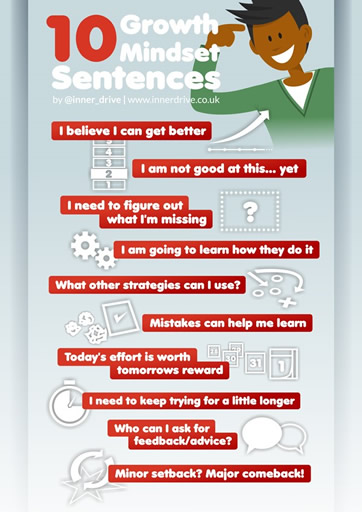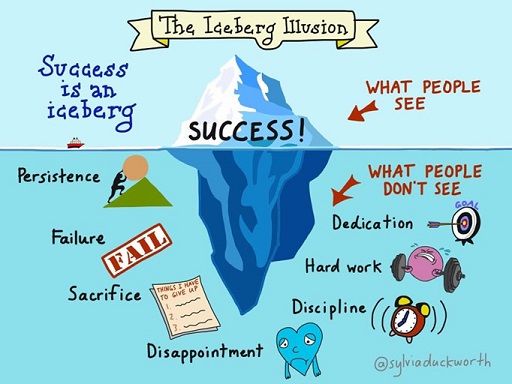3 Where do beliefs about ability come from?
Many beliefs about sport and coaching (including ability) are implicit. They are taken for granted and not directly expressed. Therefore, these beliefs are very difficult to change because you are either unaware that you hold them, or they are so obvious to you that they don’t warrant your attention.
Part of the process of sport and coaching education, such as this course and others, is to help make these beliefs explicit and, therefore, open to reflection, criticism and change.
Dweck suggests beliefs are partly fostered by the kind of praise and feedback you get from others such as teachers, parents and coaches. For example, think about the influential position of coach and parents in the ice skating video, which you watched as part of Activity 2 in Session 2 [Tip: hold Ctrl and click a link to open it in a new tab. (Hide tip)] (‘The making of an ice princess’).
Research suggests that being praised for ability (e.g. ‘you’re really talented’ or ‘you’re a natural’), despite the initial thrill of a compliment, soon gives way to reduced motivation and overall performance (Mueller and Dweck, 1998).
It is preferable to encourage athletes by using expressions such as ‘you worked really hard at that’, which encourage the development of a growth mindset, as long as praise is not so frequent it loses its impact.
Figure 2 is a summary of sentences that young people can be encouraged to use as a starting point to move them towards a growth mindset.
In fact, if you search online for ‘mindset sport coaching’, you will find many resources that reinforce the above points. Figure 3 comes from another researcher in the field of educational research, Angela Duckworth, and illustrates a similar focus on effort and persistence.


